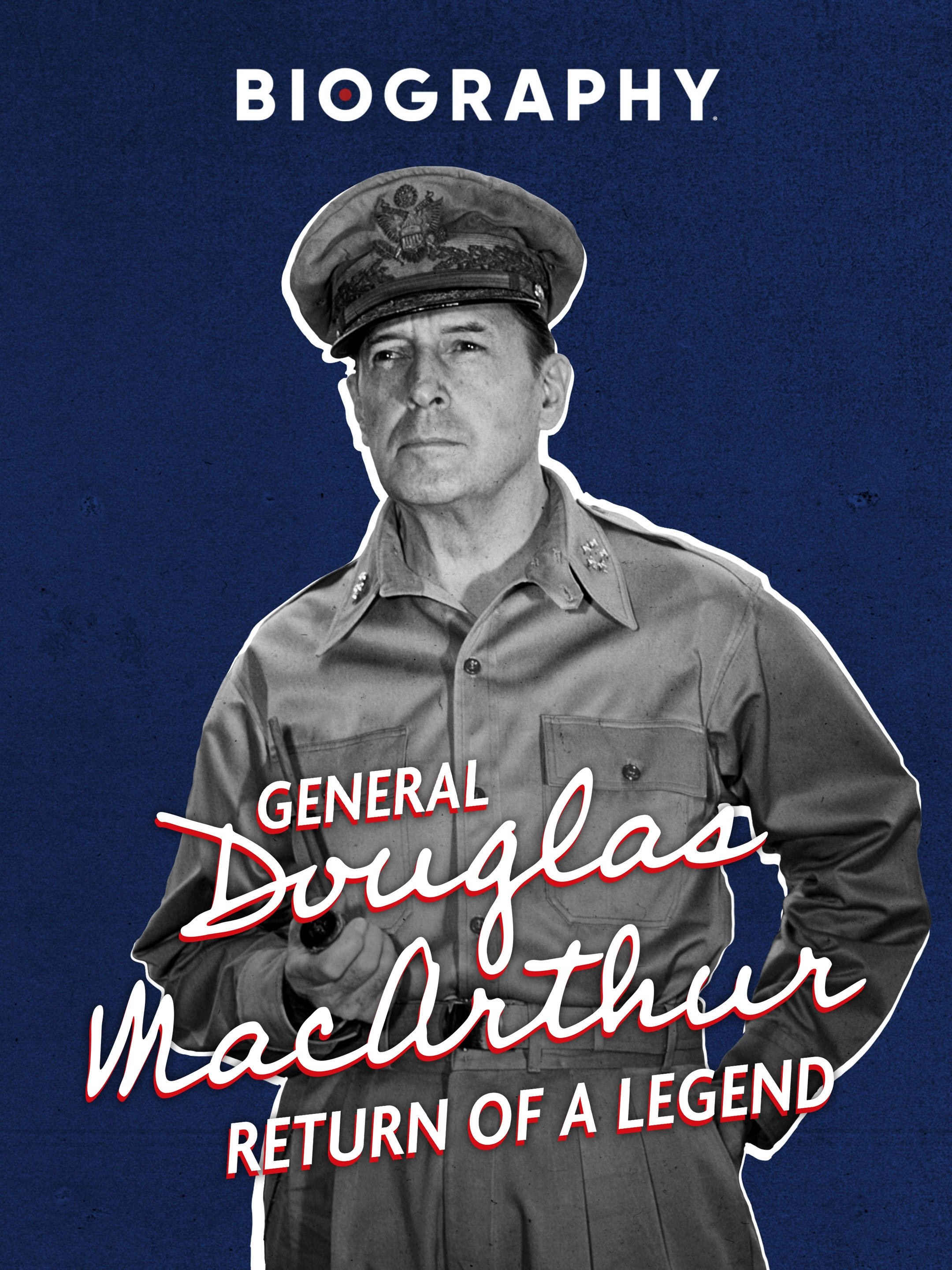The Shocking Dismissal: What Happened to General Douglas MacArthur?
History remembers its larger-than-life figures with a certain reverence, and few generals loom as large in 20th-century American history as General Douglas MacArthur. A decorated veteran of both World Wars, his leadership during the Pacific campaign was instrumental in securing victory. Yet, his career wasn't without controversy, culminating in a shocking dismissal that sent shockwaves through the nation and continues to be debated by historians today. So, what exactly happened to General Douglas MacArthur?
The stage for this dramatic event was set during the Korean War. As the commander of UN forces, MacArthur advocated for a more aggressive approach against North Korea, including potentially expanding the war into China. This put him at odds with President Harry Truman, who favored a more cautious strategy focused on containing the conflict.
The heart of the issue lay in the delicate balance between military strategy and political considerations. MacArthur, ever the bold and outspoken leader, chafed under civilian oversight. His public pronouncements often contradicted Truman's policies, creating a rift that widened with time. This tension came to a head when MacArthur directly challenged the President's authority, sending a letter critical of Truman's war policy to Congress.
This act of insubordination proved to be the final straw. Truman, facing mounting pressure and convinced that MacArthur's actions threatened the chain of command and national unity, made the momentous decision to relieve MacArthur of his command on April 11, 1951. The news sent shockwaves through the nation, dividing public opinion and igniting a firestorm of debate.
The dismissal of General Douglas MacArthur remains a significant event in American history, highlighting the complex relationship between military leadership and civilian control. It serves as a stark reminder that even the most decorated military figures are ultimately answerable to elected officials, reinforcing the principle of civilian supremacy in a democracy. The event continues to spark discussions about the appropriate use of military power, the limits of dissent in wartime, and the delicate balance between national security and individual freedoms.
While some hailed Truman's decision as a necessary assertion of civilian control over the military, others viewed it as a politically motivated move that undermined a skilled commander at a critical juncture. This debate transcended the political sphere, spilling into the public consciousness as Americans grappled with the implications of the decision.
The dismissal of General Douglas MacArthur wasn't merely a historical footnote; it had lasting consequences that shaped the course of the Korean War and resonated within the halls of government for decades. It underscored the importance of clear communication and mutual respect between military leaders and their civilian counterparts. The event also emphasized the critical role of public opinion in shaping foreign policy decisions and highlighted the potential for conflict between national interests and individual ambition.
Advantages and Disadvantages of MacArthur's Dismissal
| Advantages | Disadvantages |
|---|---|
| Reasserted civilian control over the military | Created a political firestorm and divided public opinion |
| Prevented potential escalation of the Korean War | Removed a skilled, albeit controversial, commander from the field |
| Reaffirmed the principle of civilian supremacy in a democracy | Cast a long shadow over civil-military relations |
Common Questions and Answers about MacArthur's Dismissal
1. Why was General MacArthur so popular?
MacArthur was a highly decorated war hero, known for his strategic brilliance and charisma. His leadership during World War II, particularly in the Pacific theater, earned him widespread admiration.
2. Was MacArthur's dismissal legal?
Yes, as Commander-in-Chief, the President has the constitutional authority to relieve military commanders, even popular ones, from duty.
3. Did MacArthur ever return to Korea?
No, after his dismissal, MacArthur returned to the United States, where he received a hero's welcome. He never held another military command.
4. How did the Korean War end?
The Korean War ended in an armistice in 1953, effectively dividing the peninsula into North and South Korea, a division that remains to this day.
5. Did MacArthur face any formal reprimands?
While relieved of command, MacArthur wasn't court-martialed or officially censured. His dismissal was based on Truman's judgment about his ability to carry out orders.
6. What happened to MacArthur after his dismissal?
MacArthur retired from the military and entered civilian life. He gave a famous address to Congress, "Old soldiers never die, they just fade away," and later worked in business.
7. How did Truman justify his decision?
Truman maintained that MacArthur's dismissal was necessary to preserve civilian control of the military and prevent a wider war with China.
8. How is MacArthur's dismissal viewed today?
The dismissal remains a subject of debate among historians and the public. Some view it as a necessary assertion of civilian authority, while others believe it was a political miscalculation.
The dismissal of General Douglas MacArthur stands as a pivotal moment in American history, a stark reminder that even in times of war, the principles of democracy must be upheld. The event continues to generate discussion and debate, ensuring that this chapter in American history, with all its complexities and controversies, remains relevant for generations to come. It's a story that underscores the vital importance of civilian oversight of the military, the delicate balance of power in a democracy, and the enduring legacy of one of America's most iconic, yet flawed, military leaders.
Decoding the 5 lug honda wheel bolt pattern everything you need to know
Unleash the power exploring the world of rubber band powered carts
Snap snap snap gif the ultimate guide to this viral trend













